The challenge of providing medical evaluations and supplies to residents in areas such as Al-Kut can be significant for military providers. Still, the need is there.
Ask the Soldiers of 1st Battalion, 10th Field Artillery Regiment, 3rd Heavy Brigade Combat Team, 3rd Infantry Division, who recently set up shop in the Iraqi Federal Police headquarters building, which serves the city's Anwar and Falahiyah districts. That day, they assisted more than 100 residents with various medical issues.
Capt. Matthew Holt, a 1st Bn., 10th FA Regt. physician's assistant from Atlanta, estimated 150 Iraqi citizens came to the headquarters and were given one-on-one sessions with medical personnel from Contingency Operating Base Delta. Holt said about 100 of those were given medical counseling that could make a positive difference in their lives.
During the operation, Soldiers took notes about their patients so those with major problems could be contacted after further evaluations, said Maj. Jerry Moon, a combat advisor with Stability Transition Team 12, which works with Iraqi police.
"I think there's a benefit of having a medical operation, psychologically, and this is the first stage," said Moon, a Kewanee, Ill. native. "We're working with the [Wasit Provincial Reconstruction Team] to maybe work some exam tables, blood pressure cuffs, or other pieces of medical equipment into the two clinics we have identified here."
Before the visit, local residents were polled on issues they would like addressed. Many medical evaluations yielded minor cases in which Soldiers were able to assist on the spot by providing simple solutions such as washing solutions, foot creams, toothbrushes and toothpaste.
Holt has taken his medical skills outside the COB to Iraqi citizens on medical operations. This was his third "med-op" this deployment.
"Every time we do one, it gets a little bit better," Holt said. "Overall, I think the med-op went very well. One of the biggest challenges for me and my goal is to ensure that the Iraqi people know that we're still here trying to help them in every capacity we can."
This operation was only a small part of a much larger plan called "community-oriented policing," which synchronizes all aspects of the ongoing recovery in Iraq - from medical operations to empowering police forces to revitalizing schools.
By combining the police and medical aspects of this philosophy, the Iraqi Federal Police gains legitimacy in the eyes of the people they serve, Moon said, strengthening the prospect of long-term stability in the province.
"The important part of this is to combine the medical operations and some of the other projects and programs and have a desired end-state and link them to that," he said. "The medical operation is going to be part of a much larger program. Before this we did the train-the-trainer with Iraqis for the combat lifesaver, before that we gave them some medicines through a volunteer organization, and we'll just keep moving this ball on down the road."
Related Links:
The Official Danger Forward Website
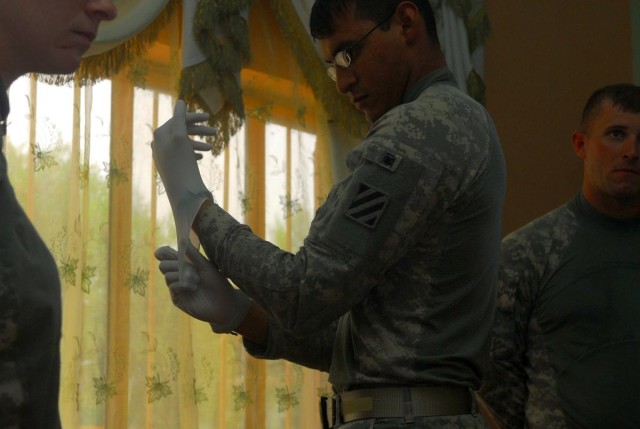
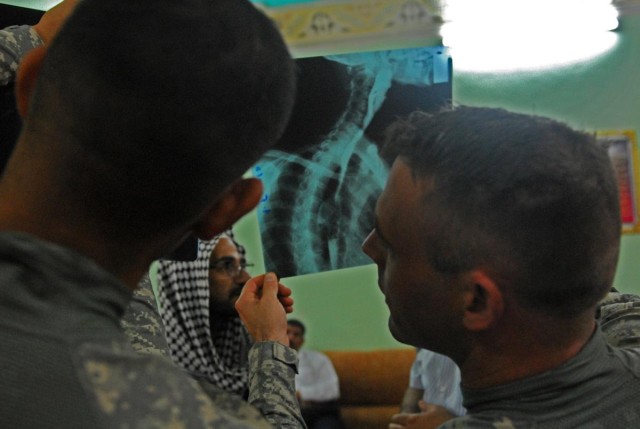
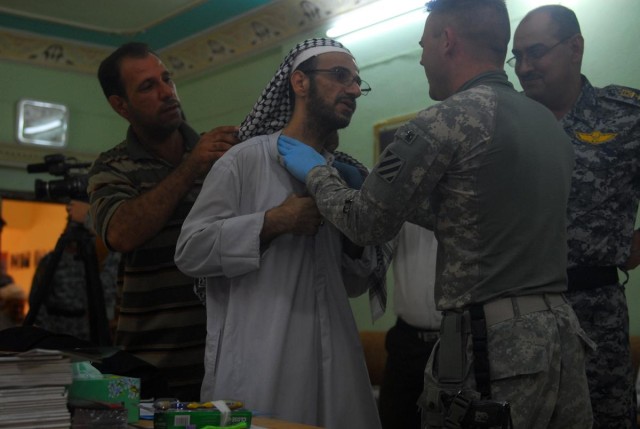
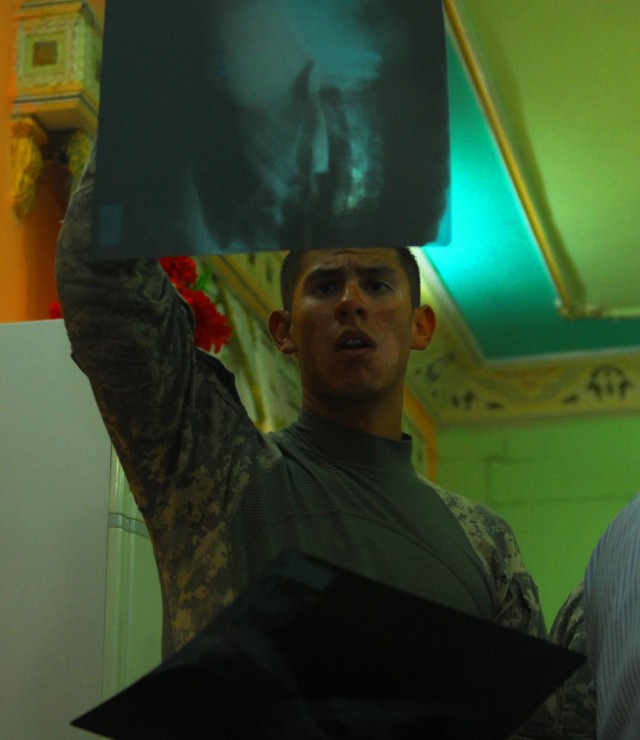
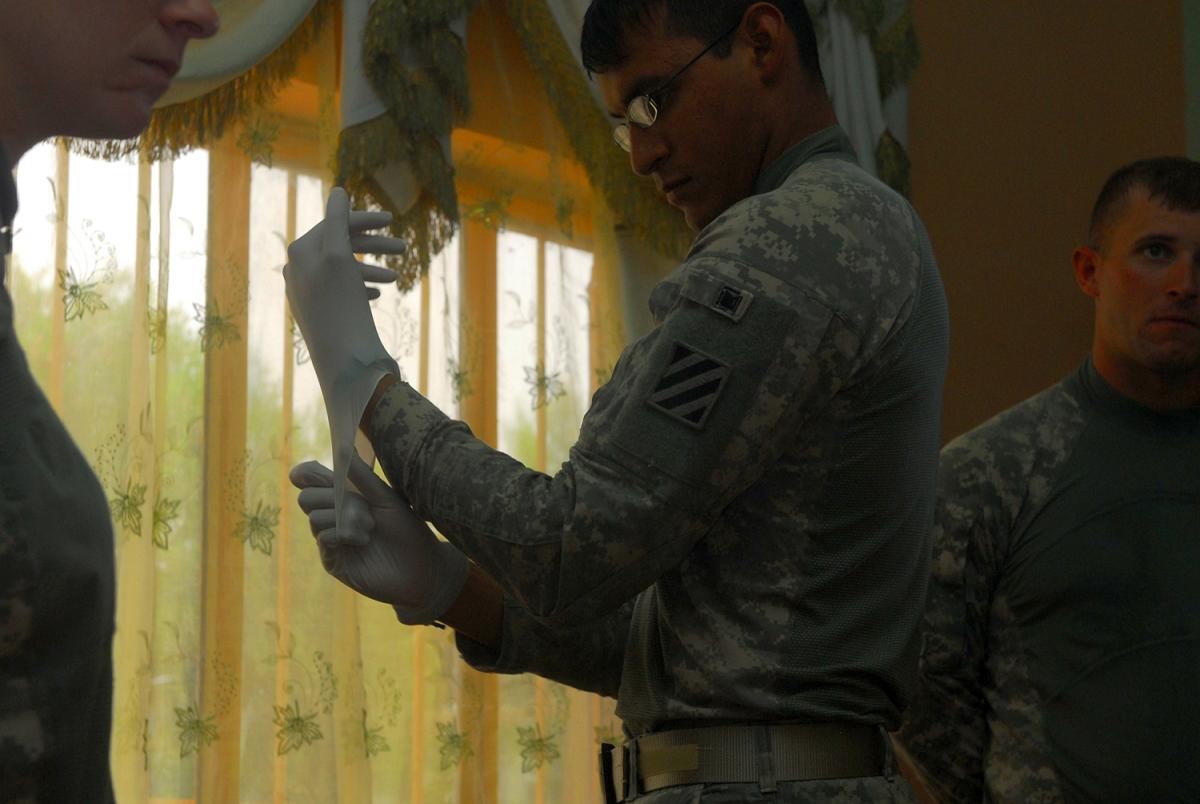
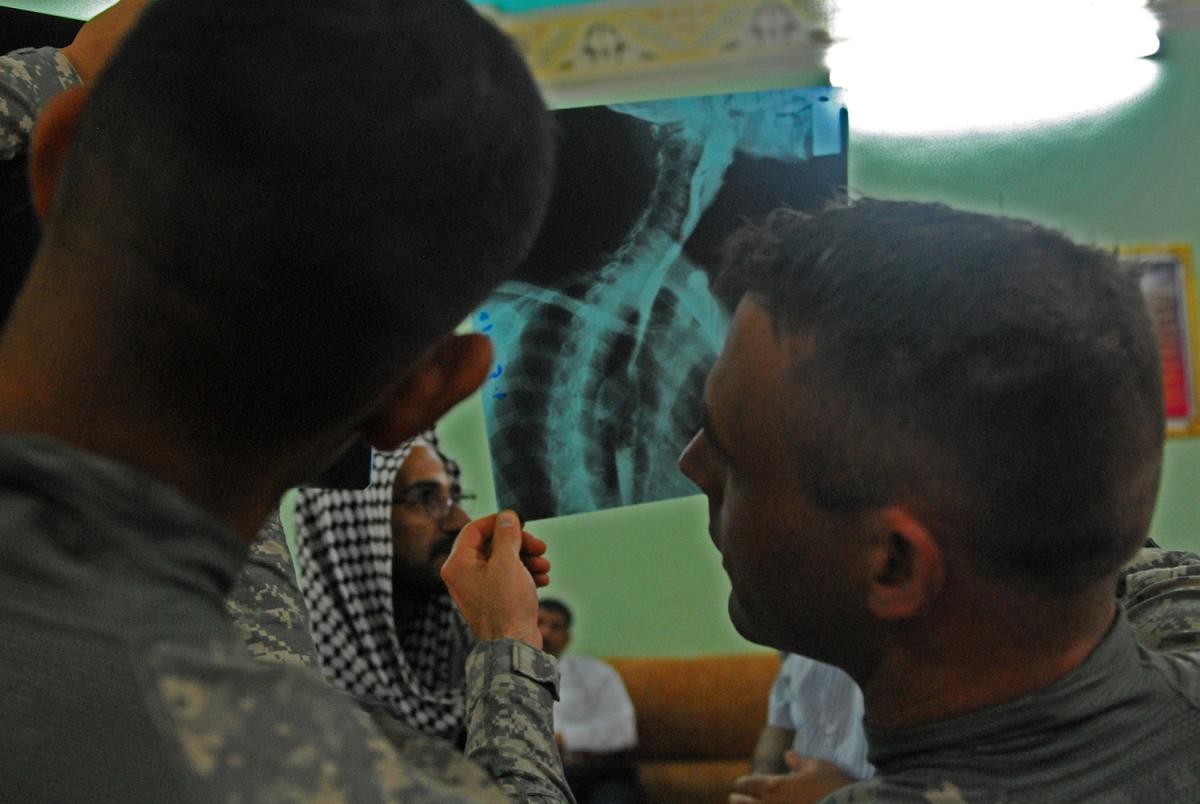
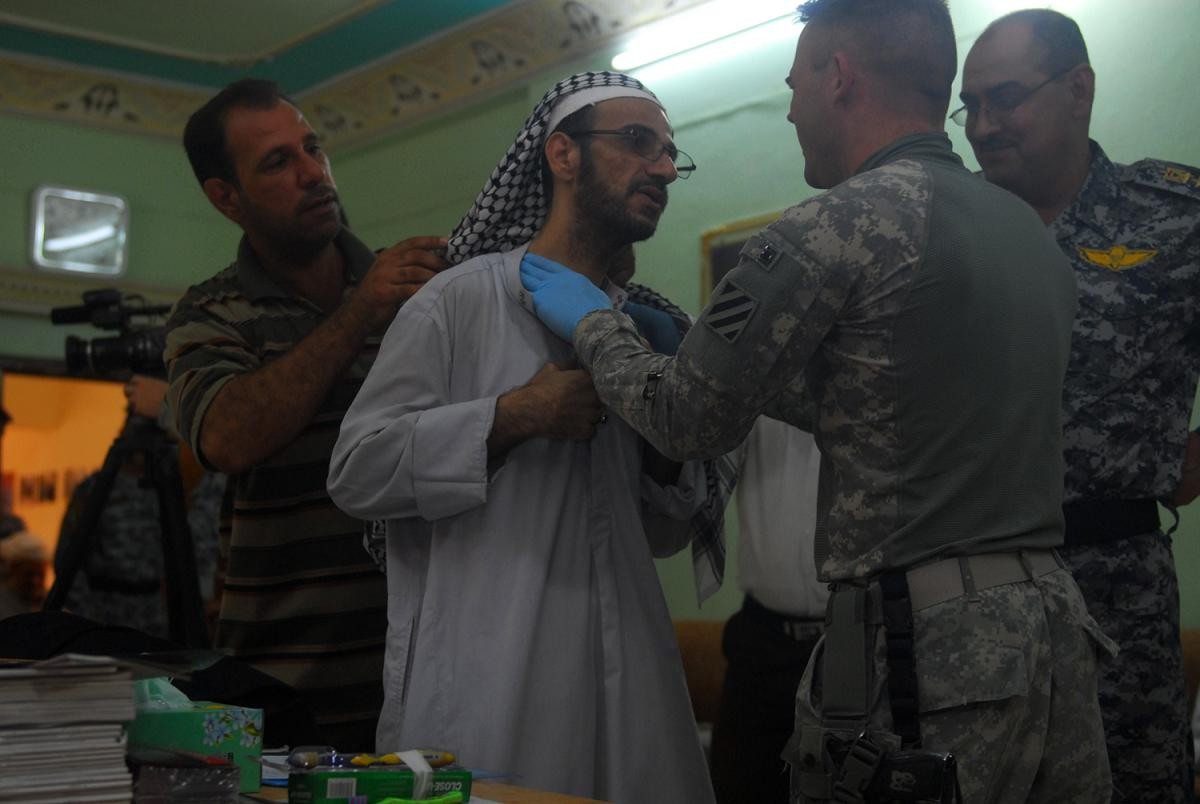
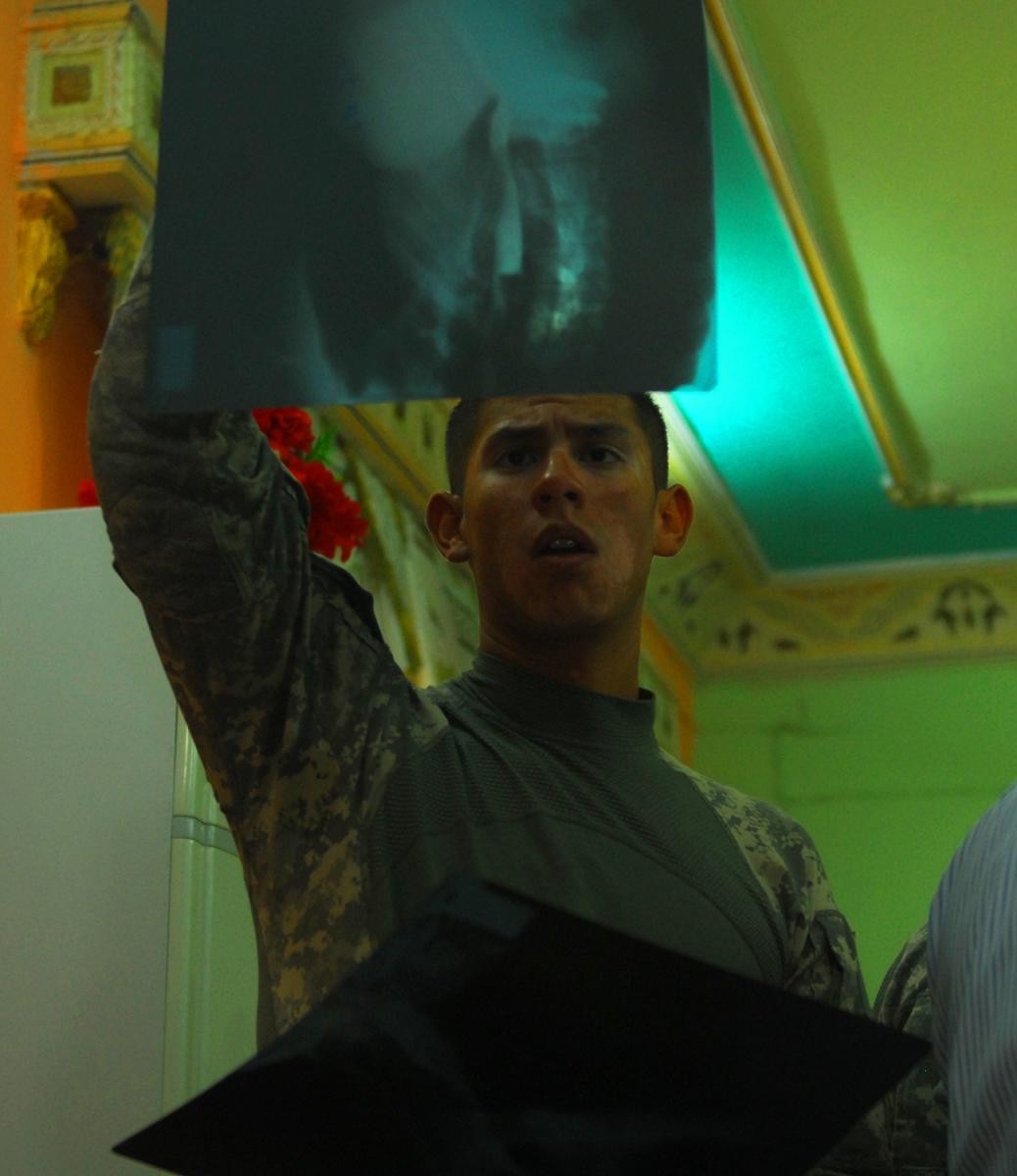
Social Sharing